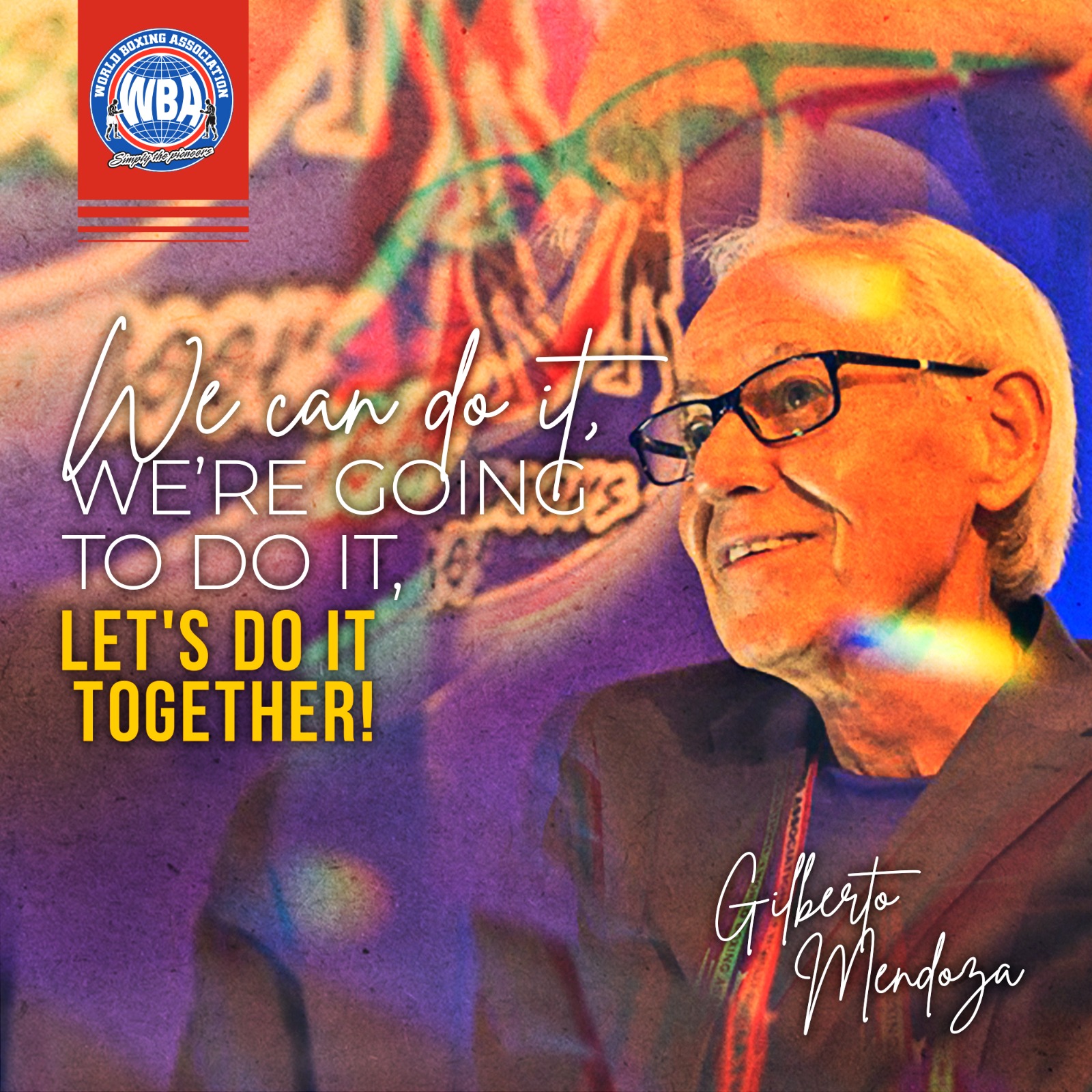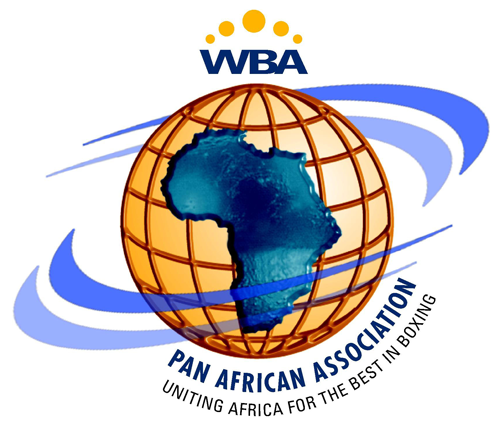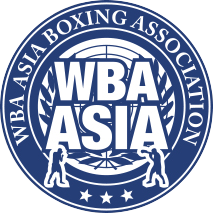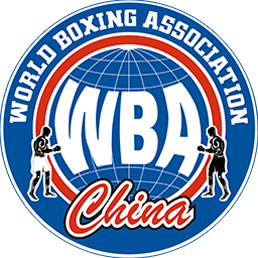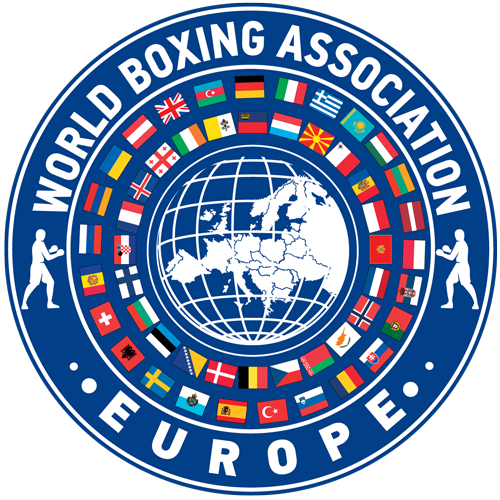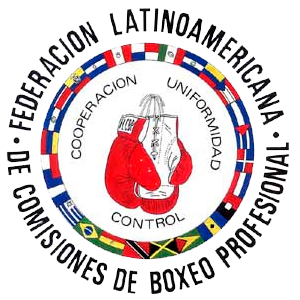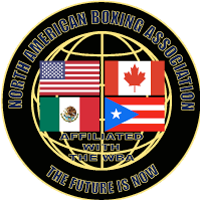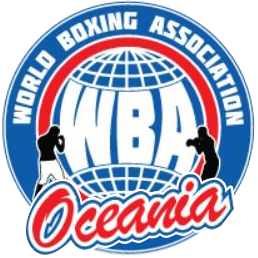The World Boxing Association celebrates, on March 30, another birthday anniversary of Gilberto Mendoza, president emeritus of the pioneer organization of the boxing world.
Mendoza, a central figure in the history of the WBA, bequeathed to posterity the great work he did, while he was at the helm of the organization, for more than four decades of service in different roles, and an exemplary and moral guide that remains a beacon for hose who are part of the institution created in 1921.
Gilberto Mendoza was born in Barquisimeto on March 30, 1943. From an early age he dedicated himself to baseball and soccer, but it was boxing that caught him until it became the passion that would shape his life. Mendoza graduated from the Universidad Católica Andrés Bello as an industrial engineer, and later pursued postgraduate studies in Administration and Organizational Development at the University of Toledo; and specialized in Formal Business Planning processes at the Stanford Research Institute in Palo Alto, California.
As in all facets of his life, Mendoza approaches boxing from his base, as treasurer of the Boxing Commission of Aragua State, in his native Venezuela, invited by his friend and leader Alberto Sarmiento.
The reconnection with his sporting passion, a practice he had paused because of his academic and work commitments, later continued with the leadership of the Aragua Association, and from there he joined the WBA until he was appointed Chairman of the Classifications Committee.
In 1982, he was elected president of the organization, inaugurating a dynamic and fruitful period for the WBA that lasted until 2015. Throughout this period, Mendoza combined his responsibilities in the WBA with his performance in the professional area, also standing out as a union and business leader, politician, philanthropist, and contributing his creative work to organizations such as the Scout Movement of Venezuela.
He bequeathed to the WBA several regulatory texts that were revolutionary for the sport at the time, such as the World Ratings Guidelines, the Procedures Guidelines, the Fight Supervision Guidelines and the Half Point Guidelines, the latter as a tool aimed at preventing unfair scores in boxing. The World Ratings Guidelines, which was established as a standard in the industry, was known as the Mendoza Handbook.
His stamp was felt at historic junctures, when he joined the fight against Apartheid that led the WBA to ban the sanctioning of world championship fights in South Africa, decided at the historic convention in Reno in 1986.
Mendoza was an architect of the WBA’s global structure. During his administration, he promoted the creation of regional organizations such as the North American Boxing Association (NABA), the Latin American Boxing Federation (FEDELATIN), the Caribbean Boxing Federation (FEDECARIBE); the Central American Boxing Federation (FEDECENTRO); the Bolivarian Boxing Federation (FEDEBOL); the Pan-African Boxing Association (PAFBA) and the European Boxing Association, among others.
He also introduced the super champion designation for fighters with 5 successful defenses and the creation of interim titles, among many other programs. But one of his greatest works was undoubtedly the social action program he called KO Drugs, an exercise that integrated sport and education as tools to combat the scourge of drugs and encourage positive values in young people. This initiative, which he promoted in the underprivileged areas of Aragua state, in Venezuela, later became a flagship program of the World Boxing Association worldwide, an effort that has been uninterrupted for three decades.
In short, Gilberto Mendoza was a great leader, but above all, a man of great human quality, supportive, conciliatory, disciplined, rigorous, a friendship champion who marked the sport and its people in many ways throughout a fruitful life, of solid values, of recognized contribution to his society and his time.
Today the WBA today remembers, celebrates and thanks him for the undeniable moral and inspirational legacy for the organization, summarized in his slogan: “We can do it, let’s do it, let’s do it together!”.


